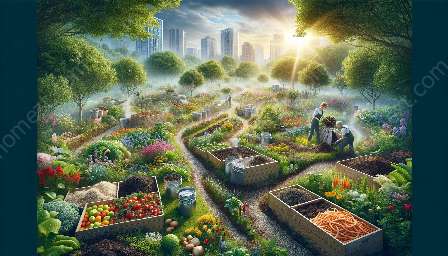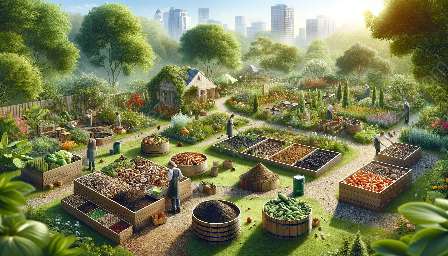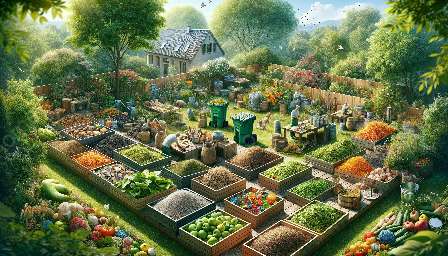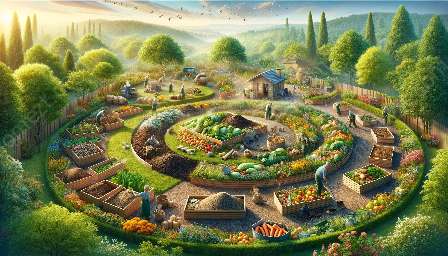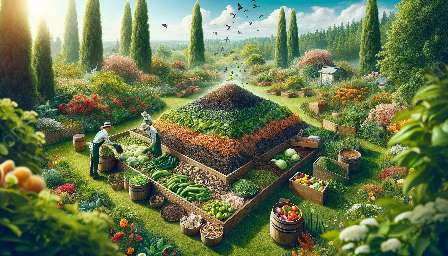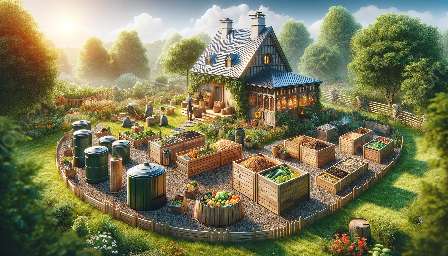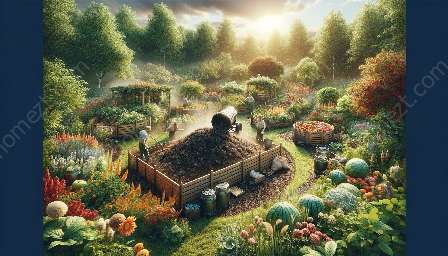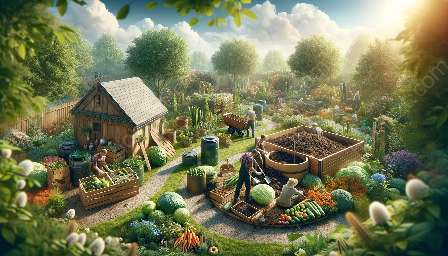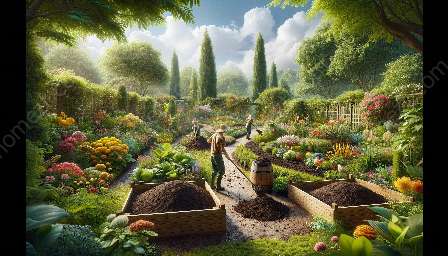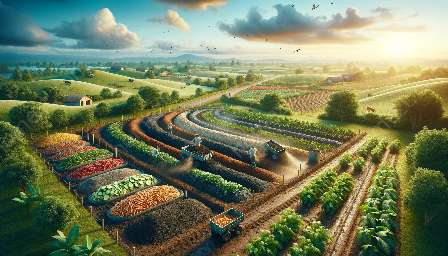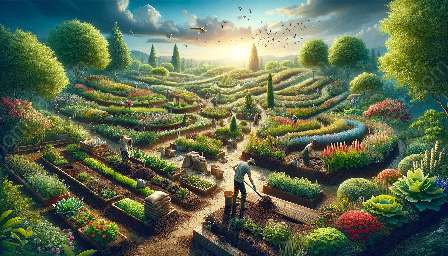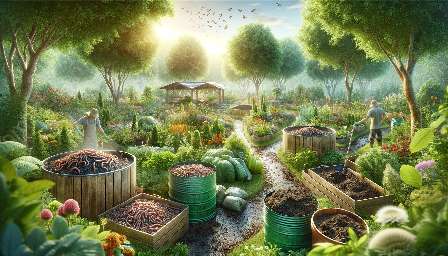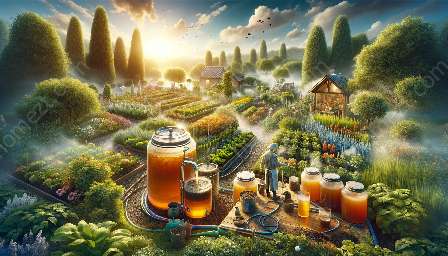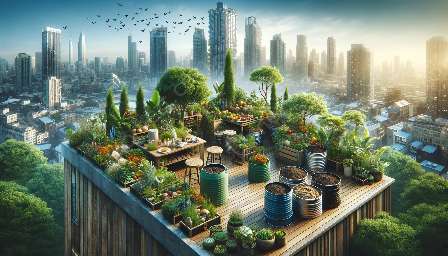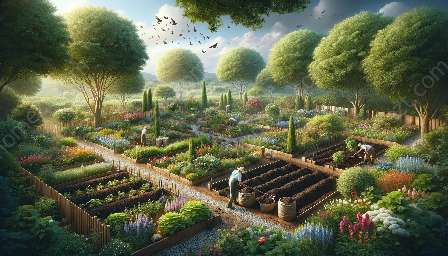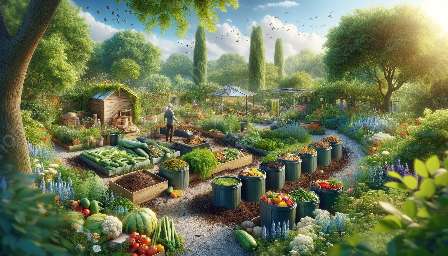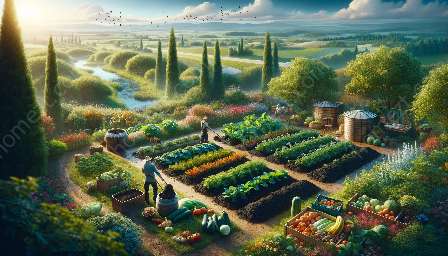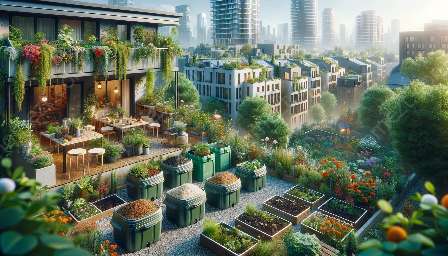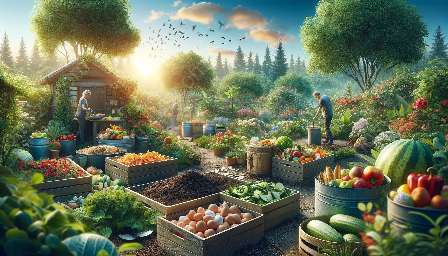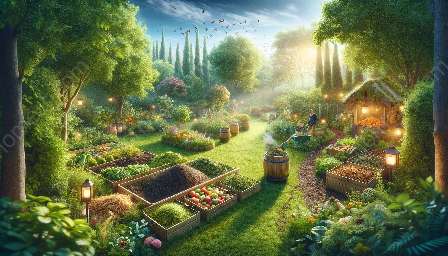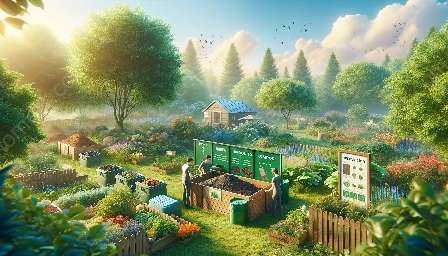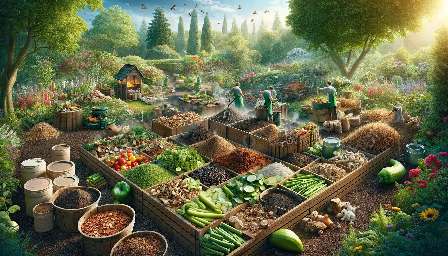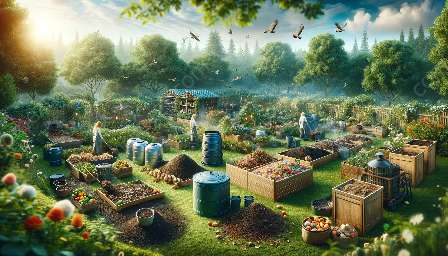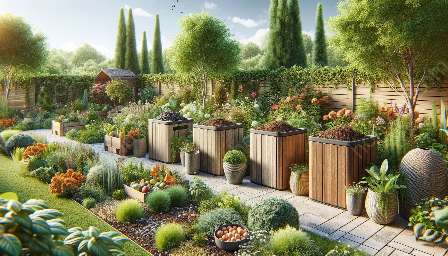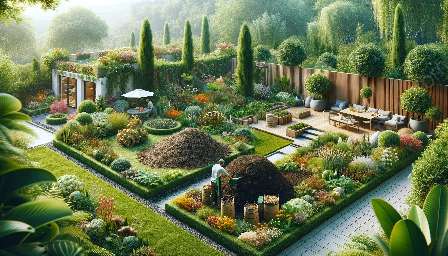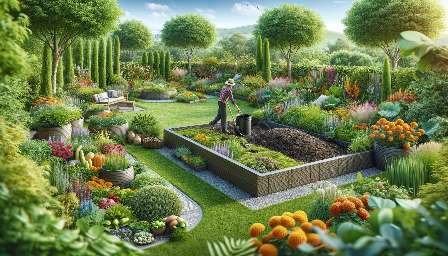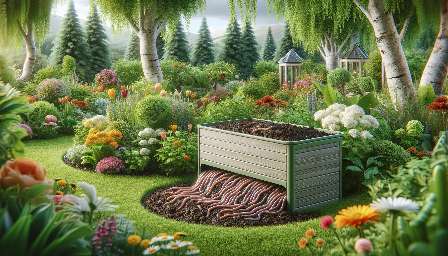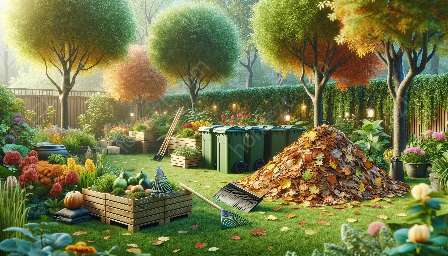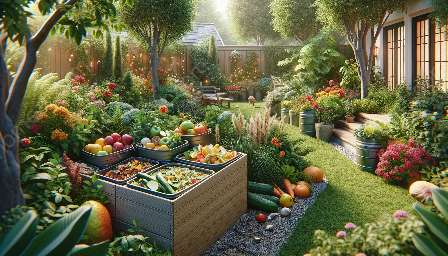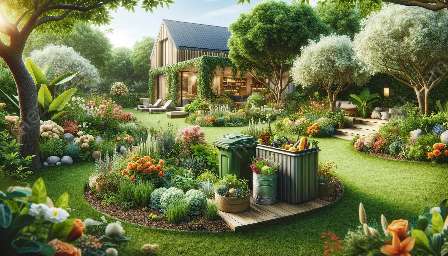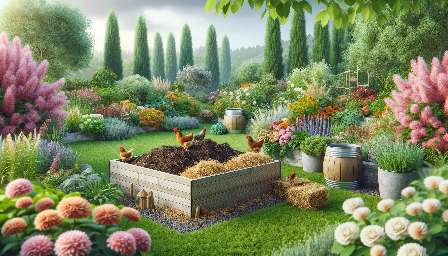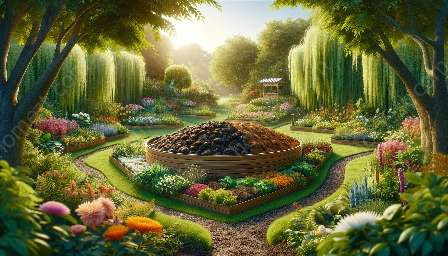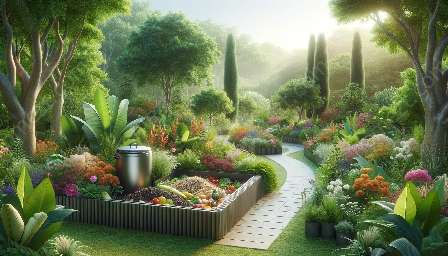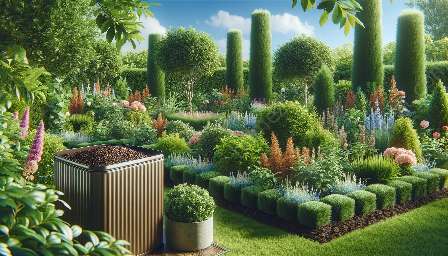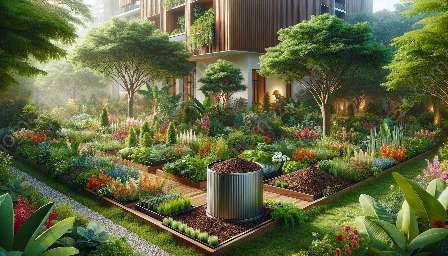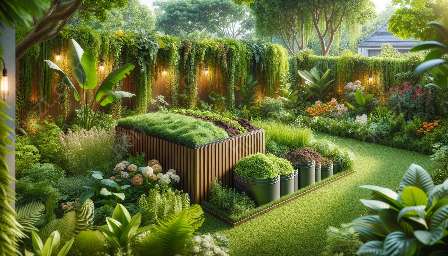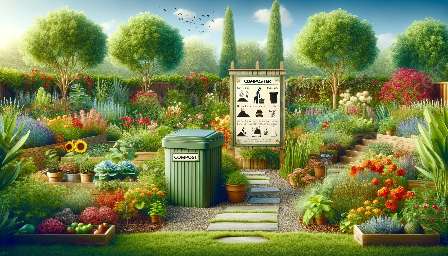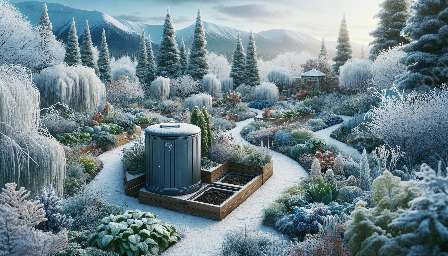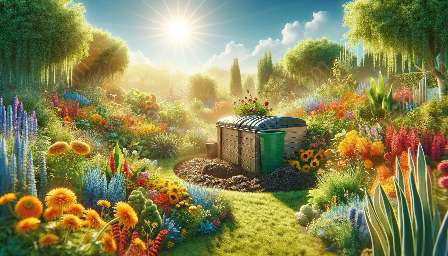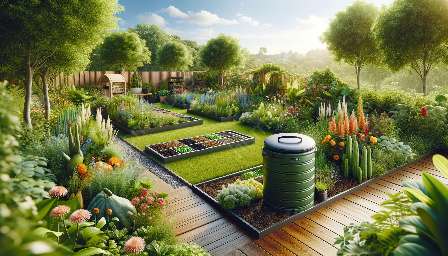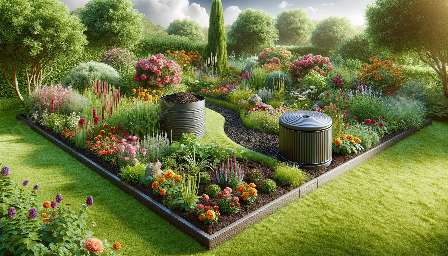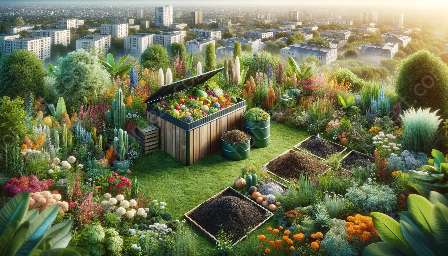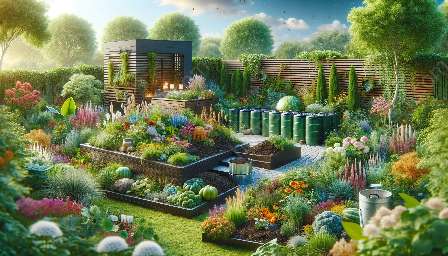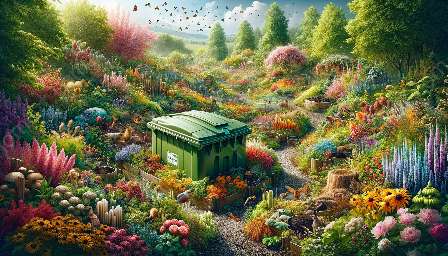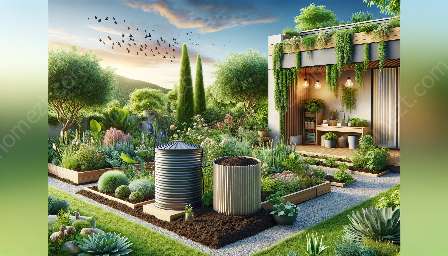Composting is a simple and effective way to recycle organic waste and create nutrient-rich soil for gardening and landscaping. By understanding the basics of composting, you can contribute to a sustainable environment while improving the health and vitality of your garden.
What is Composting?
Composting is the natural process of decomposition that transforms organic materials, such as kitchen scraps, yard waste, and paper, into a dark, crumbly substance known as compost. This rich substance is valuable for enhancing soil fertility and structure, which is essential for plant growth.
Benefits of Composting for Gardening & Landscaping
Composting offers a wide range of benefits for gardening and landscaping, including:
- Soil Enrichment: Compost enriches the soil with essential nutrients, enhances soil structure, and increases its ability to retain moisture, promoting healthier plant growth.
- Waste Reduction: By diverting organic waste from landfills, composting reduces the buildup of methane gas and minimizes environmental pollution.
- Carbon Sequestration: Composting plays a vital role in capturing and storing carbon in the soil, mitigating climate change.
- Biodiversity Support: Compost promotes the growth of beneficial microorganisms and earthworms, contributing to a diverse and healthy ecosystem in the soil.
How to Start Composting
Starting your compost pile is easier than you might think. Follow these simple steps to begin composting:
- Choose a Location: Select an area in your garden or yard that is well-drained, receives some shade, and is easily accessible for adding and turning compost materials.
- Collect Organic Materials: Gather a mix of

